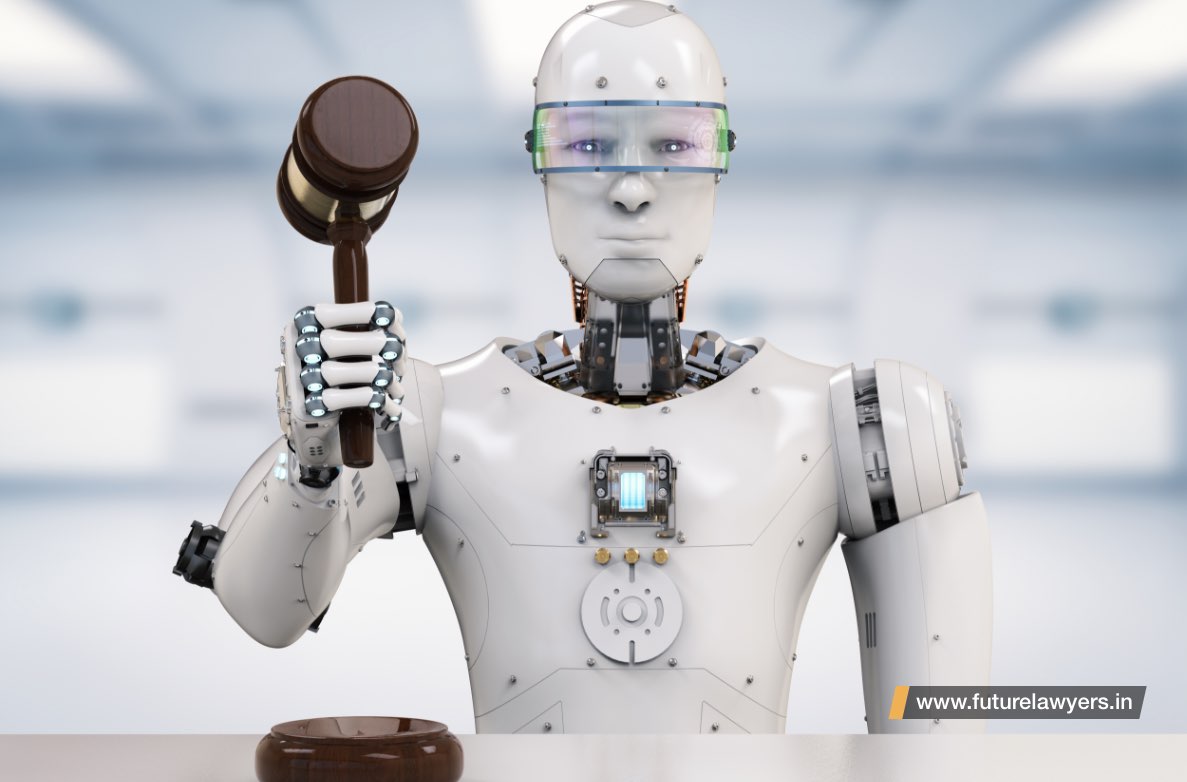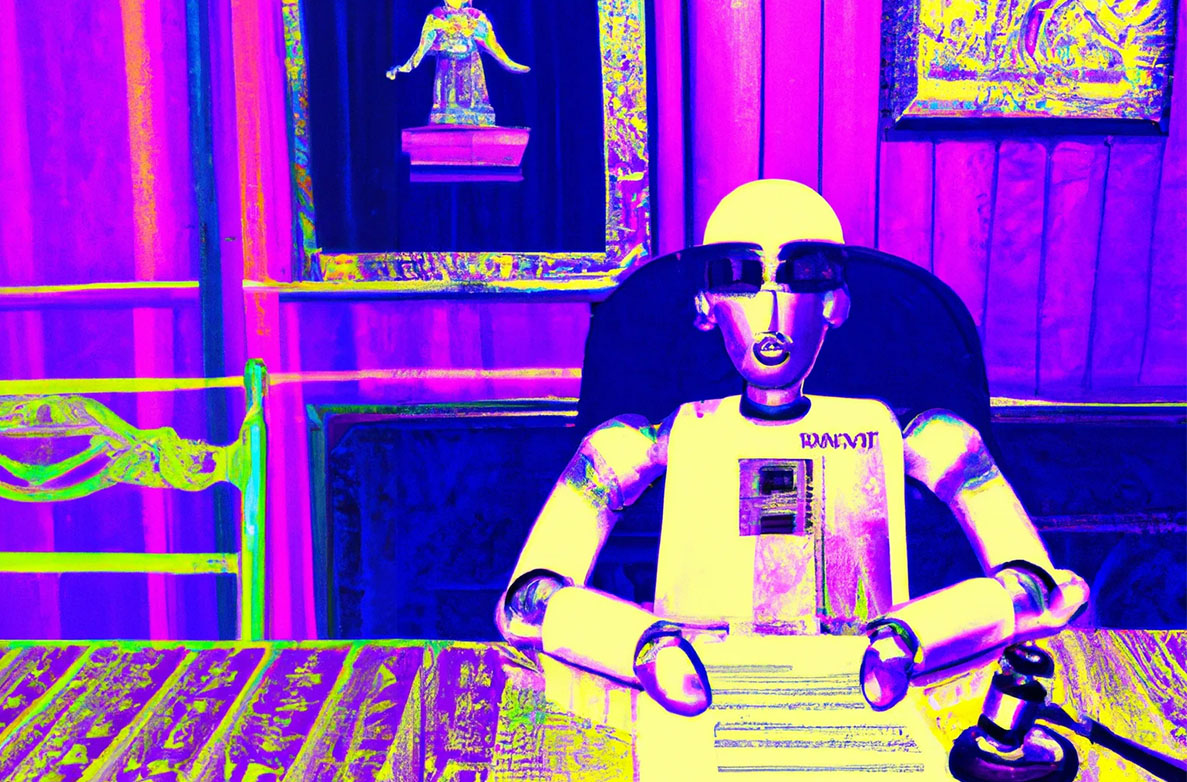AI 3 years ago
Artificial Intelligence 101 and its role in the field of law?
AI in the justice system is often believed to be too futuristic, perhaps even hinting at sci-fi. But there is no denying that the scope is limitless

Make no mistake, the future is already here. We now live in a world where Artificial Intelligence (AI) systems and methodologies are routinely employed to process data, convert them into statistically relevant information, draw correlations and make predictions for future modules which would eventually support the growth and decision-making abilities of both individuals and organisations.
AI in the justice system is often believed to be too futuristic, perhaps even hinting at sci-fi. But there is no denying that the scope is limitless. The implications of predictive justice with the use of AI alludes to a more transparent process with higher degrees of predictability and consistency. But as great power comes with greater responsibilities, AI in the justice system has been the subject of a lot of heated discussions and speculations. Here we’ll look at some of the most popular arguments from both sides of the debate.
The Pros of AI in the Justice System
AI’s biggest point of support is its objectivity. With mathematics and algorithms guiding the processes, there is very little room for human emotions or errors. Information and analytics generated carry the scope of innovation in legal brief preparation tools using historical data. As a fairly reliable method to predict relapses and assess similar facets of legal practice, AI would present a convenient and equitable module where legal support is rendered in a quick, reliable and fair fashion.
The Cons of AI in the Justice System
AI’s failings, particularly within the justice system, fall within the domains of accuracy and accountability. An AI system’s guidance might oppose the intuitive judgement of a lawyer and the contradiction could lead to confusion. If the data fed into the systems is inaccurate, without human oversight, it might lead to transgressions. Finally, for the system to maintain its objectivity, it is crucial that the algorithms machine-learned are changed in unpredictable manners; and that might in turn alter its efficiency.
In conclusion, predictive justice using Artificial Intelligence must be used with caution – merely as a tool of guidance and not as the gold standard to pass judgement.



